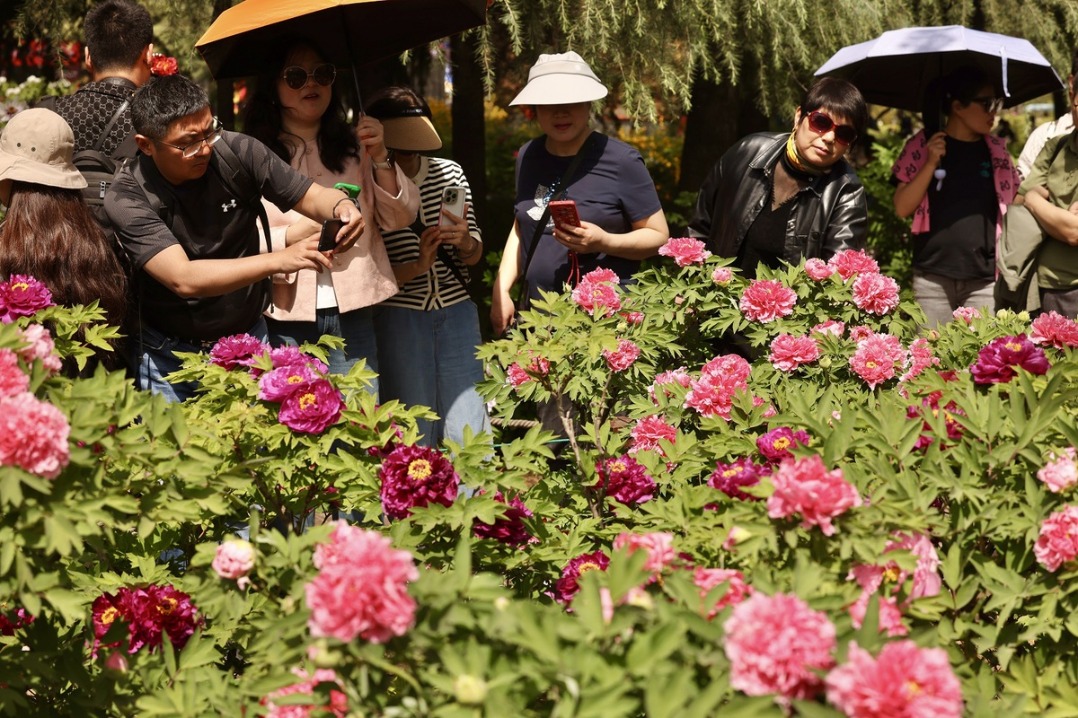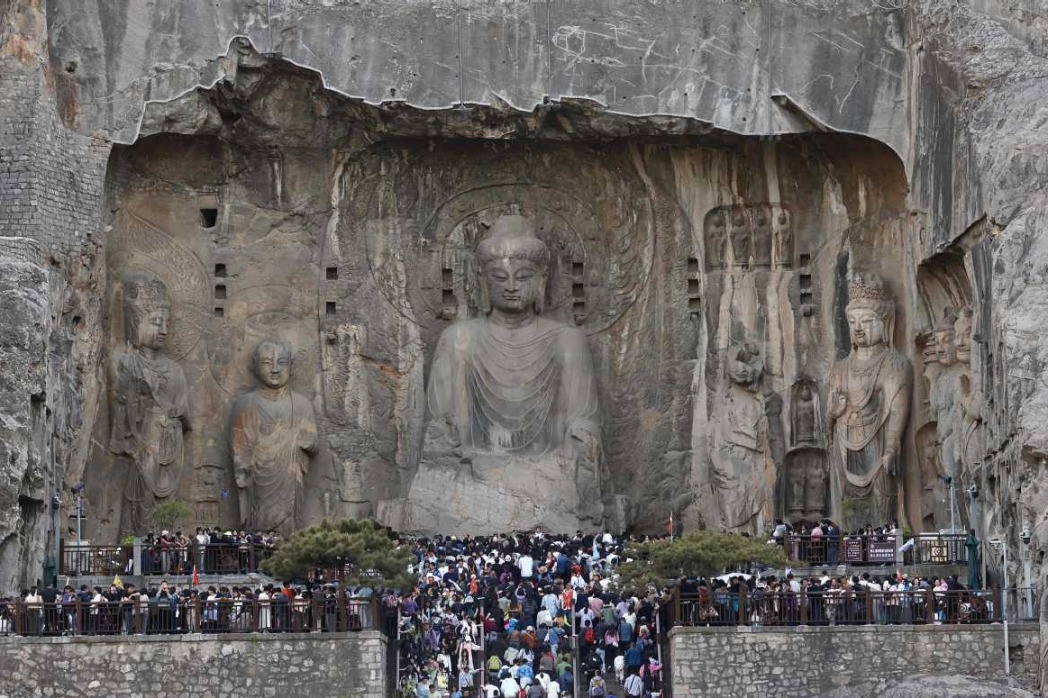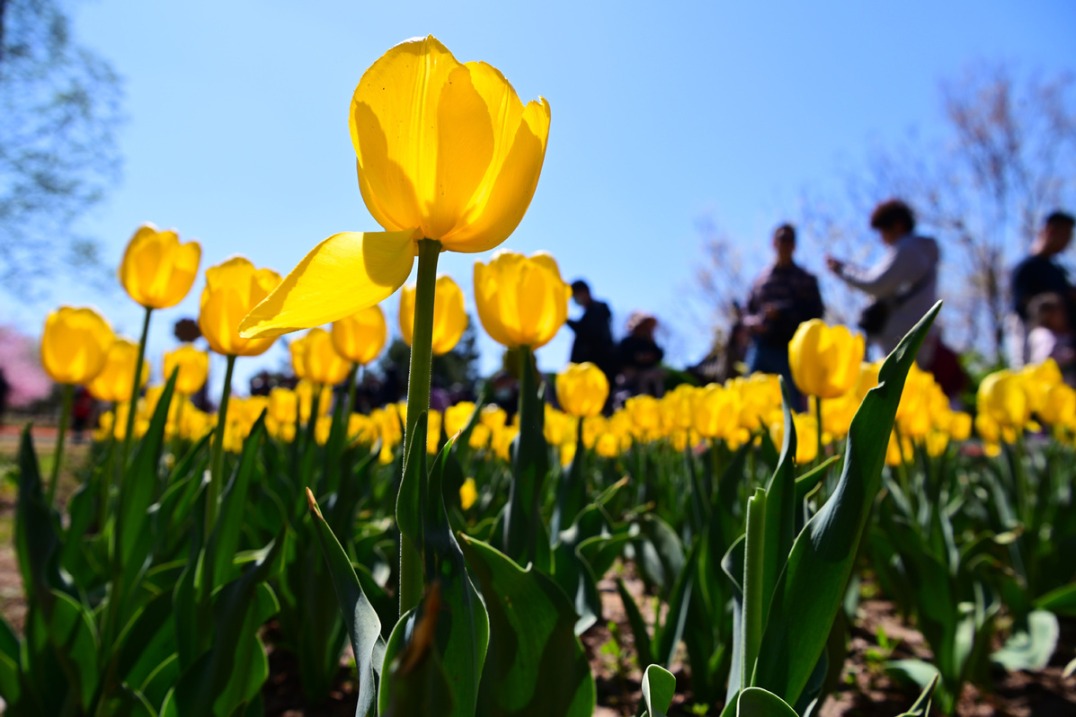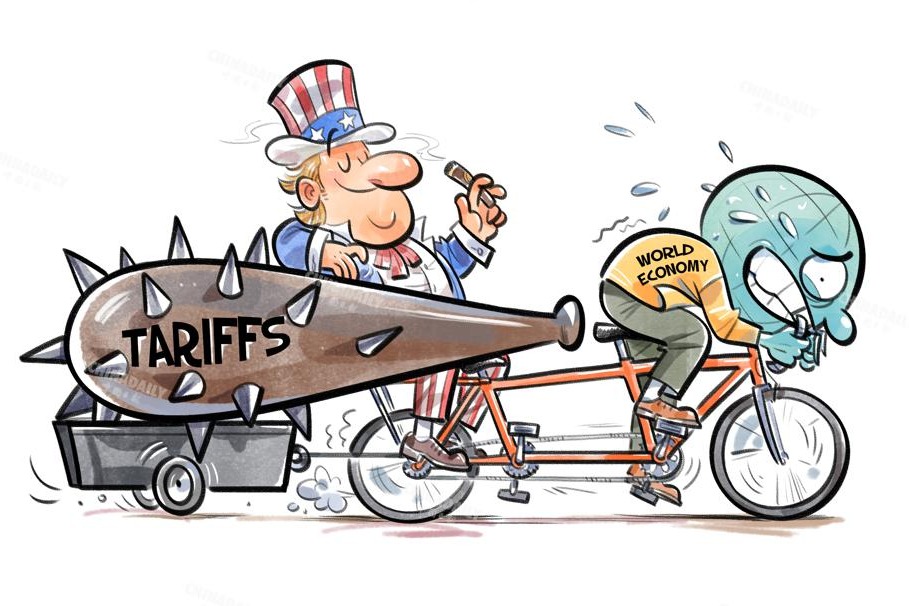Japan cannot have its cake and eat it

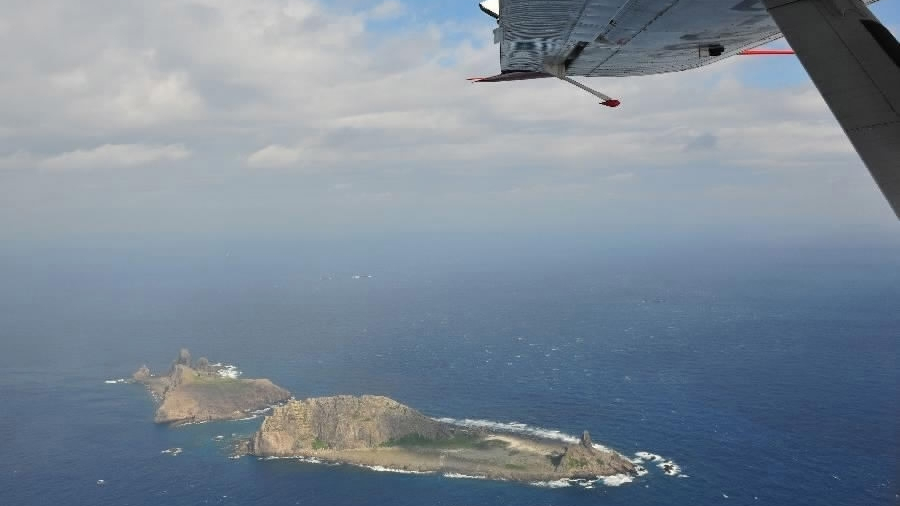
After Chinese Foreign Minister Wang Yi wrapped up a fruitful visit to Tokyo last month there was optimism that the two neighbors were on course to mend their relations.
Yet those anticipating it would be plain sailing will have to think again after what happened in the waters near China's Diaoyu Islands in the East China Sea on the weekend.
After unlawfully entering into the territorial waters of the Chinese islands, a Japanese fishing vessel had to be forced to leave by the China Coast Guard, which took the necessary control measures in accordance with the law.
Emphasizing that the Diaoyu Islands are China's territory, CCG spokesperson Liu Dejun urged the Japanese side to immediately cease all illegal activities in these waters.
This marks the first major confrontation between the two countries over the Diaoyu Islands since China removed its buoy from the waters near the islands in February. Although the removal of the buoy that had been deployed for hydrometeorology observation was said to be "technical readjustment" as it had completed its task, it was widely seen as a show of China's goodwill to Japan and its willingness to ease the tensions.
With its resolute response to the Japanese side's latest provocative intrusion into its waters, Beijing has made it clear to Tokyo although it is willing to work with the Japanese side to promote the healthy development of bilateral ties, it will never do so at the cost of China's core interests.
As a matter of fact, by showing that it is sticking to its previous stance on the Diaoyu Islands and the Taiwan question, the Japanese side has shown some worrying signs that it is actively responding to the bidding of visiting US Defense Secretary Pete Hegseth late last month that Japan should enhance its cooperation with the United States to counter the "threats" from China.
In other words, the Shigeru Ishiba government is being pressured by the US and the ultraright forces at home to adopt a tough stance toward China at a time when there is an increasingly pressing need to revitalize the Japanese economy and cushion the impacts of the US' tariff war by resuming economic and trade cooperation with China.
That it can do both at the same time is only a wishful thinking. China will by no means tolerate a double-faced trading partner that feels no qualms about harming its sovereignty and territorial integrity.
The Ishiba government is well aware that it has no wriggle room over the Diaoyu Islands issue or the Taiwan question. China's sovereignty over both is a historical fact and clearly recorded in binding postwar documents, according to which these islands that had been seized by the Japanese should have been returned to China.
The major reason they were not is that the US wanted to provide itself with leverage to drive a wedge between China and Japan to contain China's development.
The US, which occupied Japan after the war, arbitrarily included the Diaoyu Islands under its trusteeship in the 1950s and "returned" the "power of administration" of the Chinese islands to Japan in the 1970s. The backroom deals between the US and Japan concerning the Diaoyu Islands were illegal and invalid, and do not change the fact that the islands belong to China.
By warmly echoing Hegseth's smearing of China's justified moves to protect its sovereignty and territorial integrity as "threatening", "intimidating" and "coercive" during the US defense chief's visit, Tokyo has shown that it has never truly heeded its historical lessons.
As Beijing has stressed, correctly understanding and remedying its past misdeeds is an important prerequisite for Japan's postwar return to the international community, the political foundation for Japan to develop relations with its neighbors, and an important criterion for testing whether Japan can abide by its commitment to peaceful development.





















